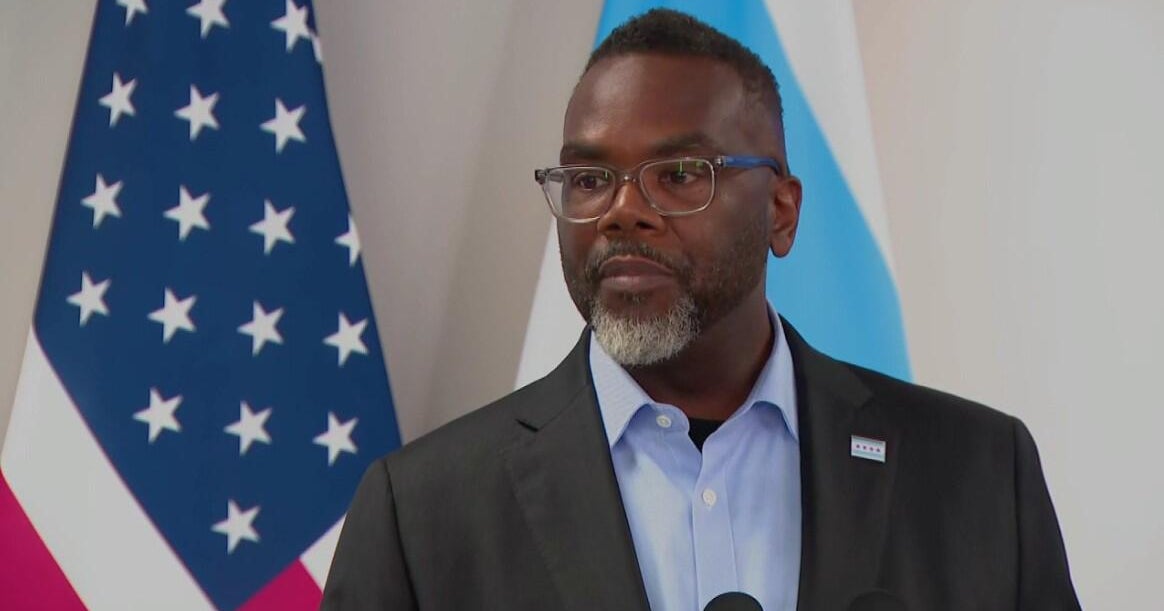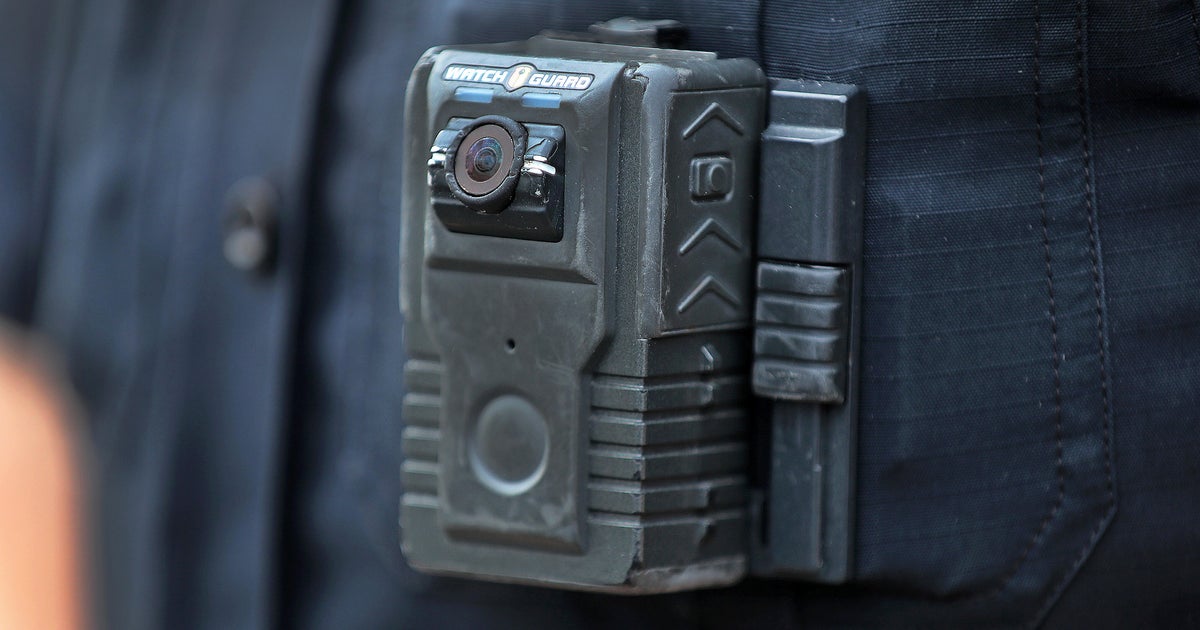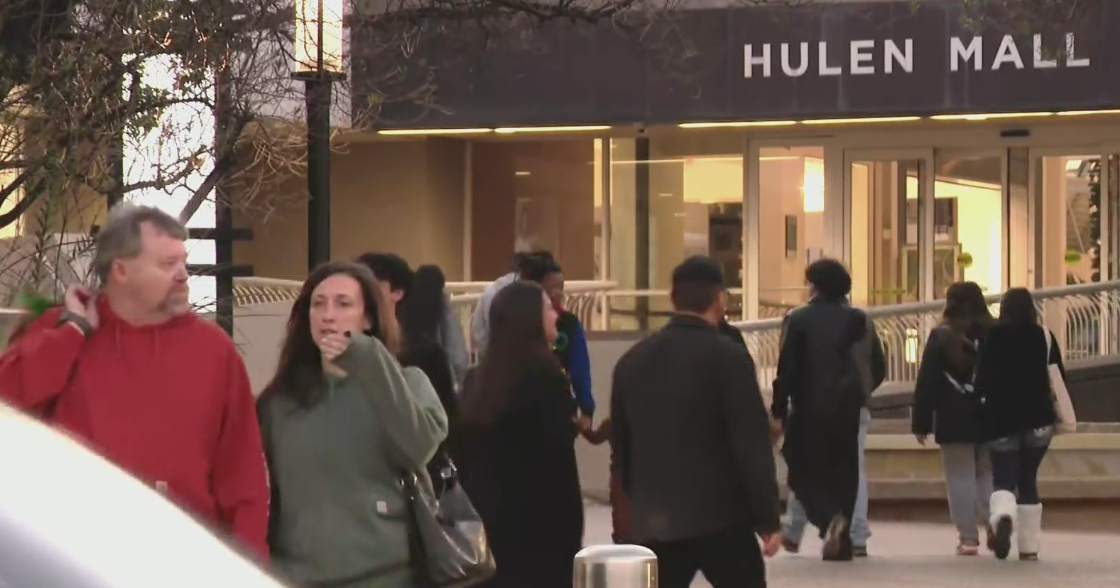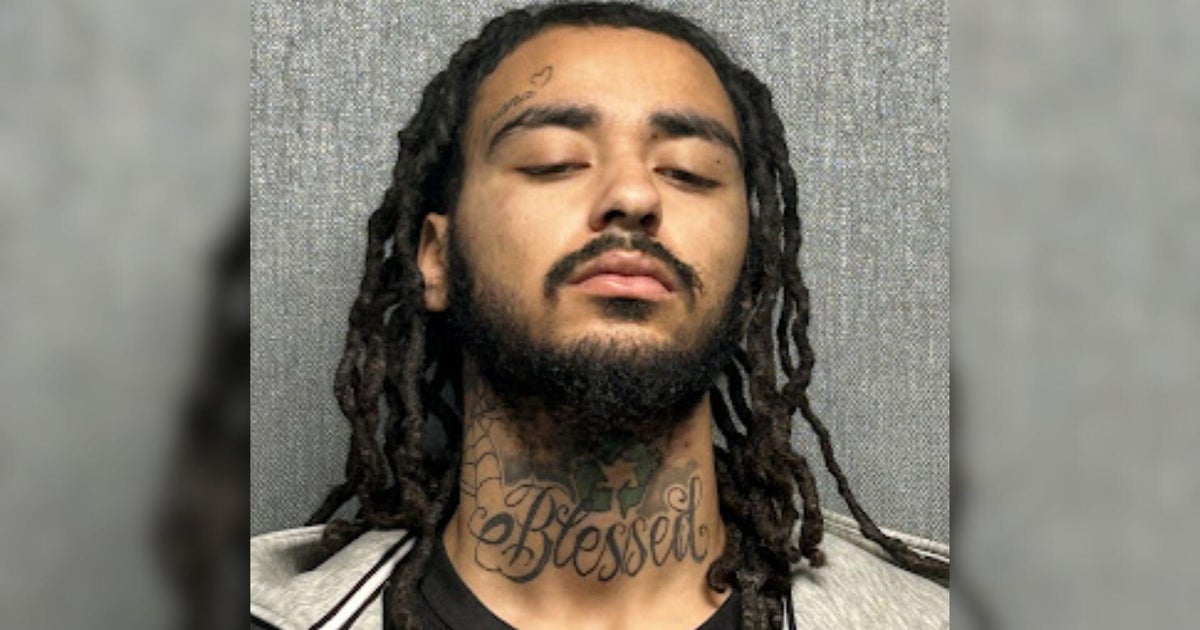Chicago City Council approves police contract, but rejects provision for arbitration of discipline cases
CHICAGO (CBS) -- The Chicago City Council on Wednesday voted to reject a contract provision with the city's largest police union, which would allow officers facing serious misconduct charges to have their fates determined by an independent arbitrator behind closed doors, rather than in public hearings by the Chicago Police Board.
The 33-17 vote sets up a likely court battle over the future of the disciplinary process for police officers, which even the city's own attorneys have said will be an uphill fight for the city to win.
During contract negotiations with the Chicago Fraternal Order of Police, an arbitrator ruled that officers facing a suspension of at least a year or termination have the right to have their cases decided by an arbitrator rather than the Chicago Police Board.
Mayor Brandon Johnson and his progressive allies urged alderpersons to reject that provision of a tentative contract agreement with the FOP, while approving the rest of the deal, arguing officers facing serious misconduct allegations shouldn't be allowed to have their fates deiced behind closed doors by a single arbitrator, rather than in public by the Chicago Police Board, whose members are confirmed by the City Council.
Ald. Michael Rodriguez (22nd), who chairs the City Council Workforce Development Committee, which voted to reject the arbitration provision last week, said moving misconduct cases against police officers behind closed doors "would take away the public's confidence in the disciplinary process."
"The city of Chicago has an obvious demonstrable need for a disciplinary appeal process in which the residents of Chicago – who are the fundamental stakeholders – can be confident that the ultimate results of a disciplinary appeal is justified by the evidence, and is consistent with our insistence on transparency," Rodriguez said.
But the police union's most vocal supporters in City Council argued that the mayor and his progressive allies were gearing up for a fight the city can't win, noting that state law requires police officers to have the option of having disciplinary cases decided through arbitration, in part because they don't have the right to strike.
"The city's attorney admitted, they admitted that they are likely to be unsuccessful in court defending the blatant disregard the city has shown to the state law when it comes to how it treats Chicago police officers," Ald. Silvana Tabares (23rd) "The arbitration award makes it clear as day, and even our city attorneys know it's an open and shut case if this goes to court."
Tabares also argued that rejecting the arbitration provision of the contract would send a message to the city's other labor unions that the City Council doesn't respect their rights.
"All the unions are watching today, because they know it starts with one and will lead to more," she said.
Ald. Jason Ervin (28th) argued that, while arbitration might be required by state law, he believes it's not in the best interests of the public.
"In this moment, this just is not right, and I think that we as a body have to make a decision on what we believe on behalf of our residents and our constituents to be what is right," Ervin said. "If our rejection leads to additional back and forth, then so be it. It's not the first fight, it won't be the last fight."
Ald. Nicole Lee (11th), one of the 17 alderpeople who voted to support the arbitration provision, said the city should instead be fighting to change state law to make sure any serious disciplinary proceedings against officers are decided in public.
The police union and its allies have noted that the city's other labor unions have the right to have disciplinary matters decided by arbitration, and police officers deserve the same, but Ald. Andre Vasquez (40th) argued "There's a fundamental difference between every other union and the FOP."
"A plumber doesn't have the ability to arrest anybody. A pipefitter doesn't have the ability to shoot anyone. These things that are enshrined as part of the role are fundamentally different than every other union," Vasquez said.
By rejecting the arbitration provision in the FOP contract, the City Council is sending the matter back to labor arbitrator Edwin Benn, who originally ruled the police union should have the option to send serious disciplinary cases to arbitration.
Benn already has signaled he won't change his mind on his ruling, and if he keeps his word, the City Council would have to vote again. If the City Council again rejects his ruling, the FOP would have to go to court.
Ald. Anthony Beale (9th) was among the aldermen who predicted the city will lose that fight.
"Our own lawyers sat in that box and told us it will be an uphill battle, basically slim to none that we will get this reversed," he said.
Despite the vote rejecting the arbitration provision of the FOP contract, the City Council overwhelmingly approved the rest of the tentative deal with the city's largest police union, including raises that would add up to nearly 20% over the next four years.
The contract, which runs through June 30, 2027, provides officers with 5% pay raises in 2024 and 2025, and cost-of-living increases tied to inflation – from a minimum of 3% to a maximum of 5% – in 2026 and 2027. Every officer also will get a one-time $2,500 retention bonus. Officers also would get at least 12 weeks of parental leave.
When the agreement with the FOP was first announced in October, Johnson hailed it as a deal that was "fair and in alignment with Chicago's current policing needs, economic landscape, and budgetary capabilities."
In addition to the raises and other financial benefits for officers, the contract includes provisions the department believes will help its efforts to reduce crime.
The department would be given more flexibility in which officers are assigned to the transit detail to patrol CTA buses and trains.
CPD also would create a Los Angeles-style program of rotating homicide investigation teams. Each team would work 10-hour days, and would be assigned each murder in their area during their assigned week, and get five weeks to solve those cases before being assigned new cases.
Meantime, aldermen also approved two settlements involving police misconduct lawsuits during Wednesday's meeting.
One was an $8.75 million settlement with the family of Michael Craig, who was shot and killed by police in 2021 after he called 911 to report his wife was threatening him with a knife.
The city's Law Department said when officers arrived at the scene they mistook Craig – the victim – as the aggressor, despite the 911 calls and Craig's 8-year-old son also telling police as they arrived at the building that his "mommy" had the knife.
The other case was a $2 million settlement with the family of Darius Cole-Garrit, who was shot and killed by police during a 2014 foot chase. The City Council originally rejected that settlement in July, but the city's Law Department since convinced alderpeople to support the settlement, arguing it would be a difficult case to win at trial.
There was no video footage of the shooting, as it happened before Chicago police officers began wearing body cameras. While police have said Cole-Garrit pointed a gun at officers during the chase, several witnesses who likely would be called to testify at trial have disputed that.
A gun was found about 20 feet from Cole-Garrit's body, but fingerprint evidence was inconclusive.
The Independent Police Review Authority, which was replaced by the Civilian Office of Police Accountability in 2017, had deemed the shooting was justified, but city attorneys said COPA has indicated it might come to a different conclusion if it were to reopen the investigation.








